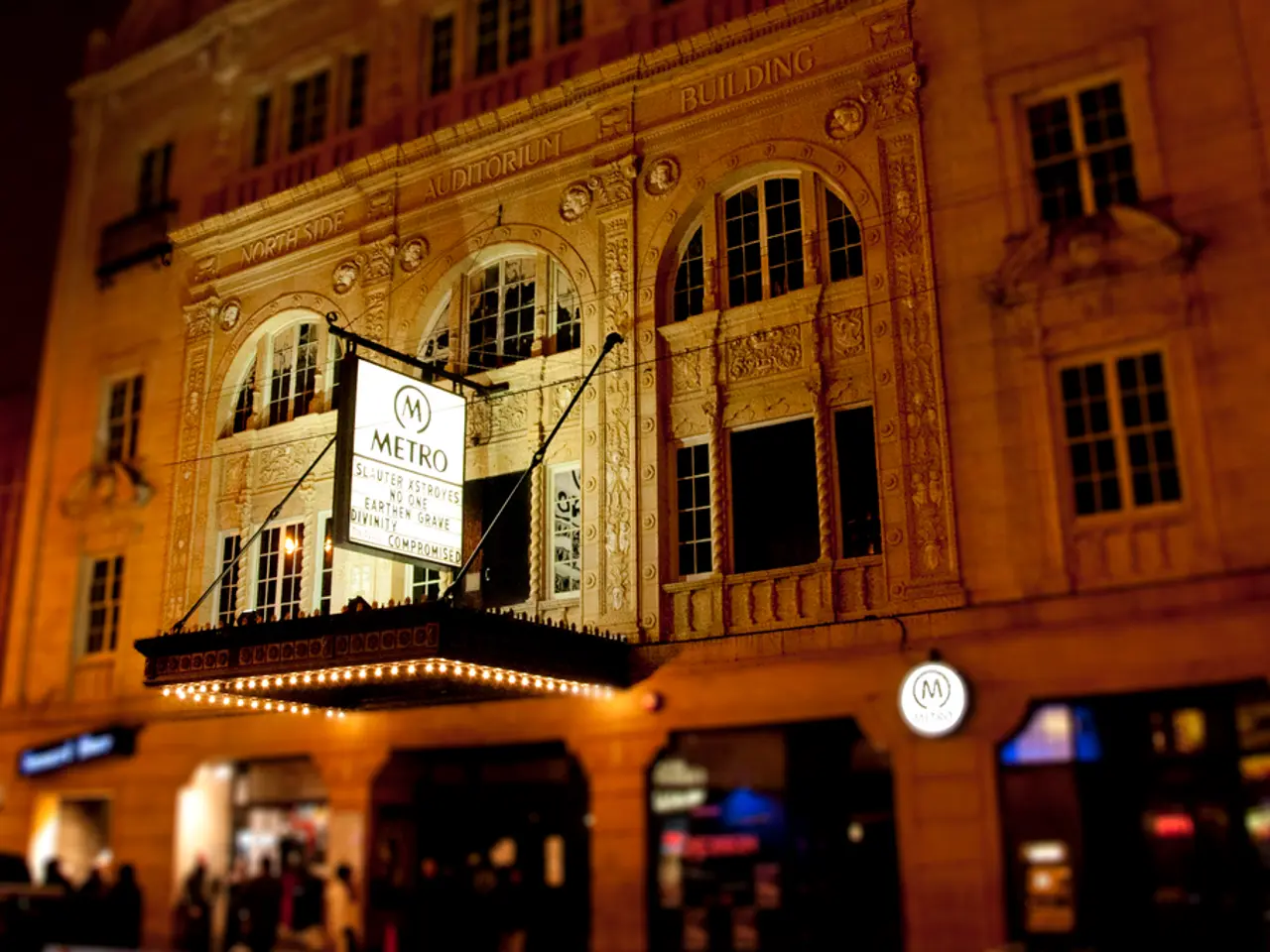Center claimed a 50-50 share in metro project costs, but Karnataka state ended up covering almost 90%, as stated by Chief Minister Siddaramaiah.
Bengaluru Metro Project Progresses Amidst Innovative Funding Models
The Bengaluru Metro project, currently in Phase 2, is making significant strides towards completion. The physical progress stands at approximately 94.5%, with the deadline set for September 2026. However, the progress for Phase 2A and 2B sections, which cover a combined distance of 58.15 km, is slower, at around 52-55%.
The proposed Phase 3A corridor from Sarjapura to Hebbal, spanning 36.58 km, is under cost review by the state government, with an estimated cost of Rs 28,405 crore.
The Karnataka state government has shouldered the majority of the project's costs, financing 80-90% of the expenses, while the Centre contributes 20-30%, or even as low as 11% in some portions. The state government also bears the entire cost of land acquisition, adding to the financial burden.
An innovative funding model has been employed for the Yellow Line, which runs from RV Road to Bommasandra and serves Bengaluru’s IT corridor. Major companies have directly funded station construction in exchange for naming rights, advertising space, dedicated walkways, and commercial facilities. For instance, Infosys Foundation invested Rs 200 crore for Konappana Agrahara station, Biocon Foundation Rs 65 crore for Hebbagodi station, and Delta Electronics Rs 65 crore for the Bommasandra terminal.
With the completion of Phase 2, Bengaluru will have 117 km of metro connectivity, enabling 15 lakh daily passengers. The Yellow Line Metro is expected to have a daily ridership of 12.5 lakh. The operational metro network in Bengaluru now covers 96.10 km, making it the longest metro network in South India.
Upon completion, the Phase 2A and 2B lines, connecting Outer Ring Road and the airport, are scheduled for completion by December 2022, linking Kempegowda International Airport with the city.
The state government has planned projects worth over Rs 1.35 lakh crore to transform Bengaluru into a model city, with several projects underway. The expansion plans under Phases 3 and 4 could carry up to 30 lakh passengers a day by 2030.
Chief Minister Siddaramaiah has expressed gratitude to Prime Minister Narendra Modi for the Union government's role in the Bengaluru Metro project. Deputy CM DK Shivakumar has appealed to the Prime Minister for an investment of ₹1.5 lakh crore for infrastructure development in Bengaluru.
So far, Rs 59,139 crore has been allocated for metro projects in Bengaluru. With the completion of Phase-2, Bengaluru will have 117 km of metro connectivity, enabling 15 lakh daily passengers. The state of Karnataka has contributed over Rs 25,387 crore towards various phases of the Bengaluru Metro project.
References: 1. The Hindu 2. Deccan Herald 3. Indian Express 4. Business Standard 5. The New Indian Express
- The innovative funding model for the Yellow Line in the Bengaluru Metro project, which serves the IT corridor, features major companies directly investing in station construction in exchange for various benefits like naming rights and commercial facilities.
- The Karnataka state government has shouldered the majority of the expenses for the Bengaluru Metro project, with investments ranging from 80-90%, while the Centre contributes a smaller portion, typically 20-30%.
- With the completion of Phase 2, the Bengaluru Metro network will extend to 117 km, serving 15 lakh daily passengers and making it the longest metro network in South India.
- The expansion plans under Phases 3 and 4 of the Bengaluru Metro project are expected to carry up to 30 lakh passengers a day by 2030, as part of the state government's broader plans for transforming Bengaluru into a model city.
- The state government has appealed for an additional investment of ₹1.5 lakh crore for infrastructure development in Bengaluru, with Deputy CM DK Shivakumar addressing this request directly to the Prime Minister.







